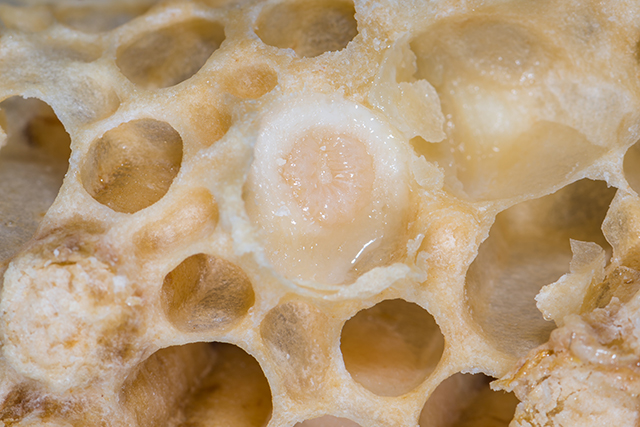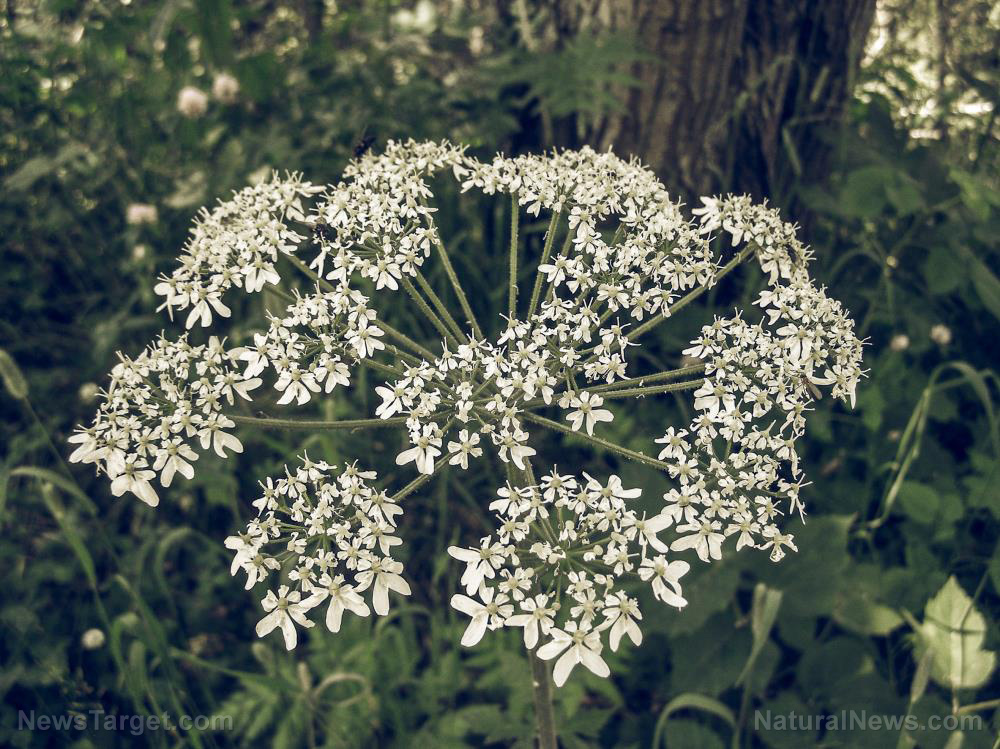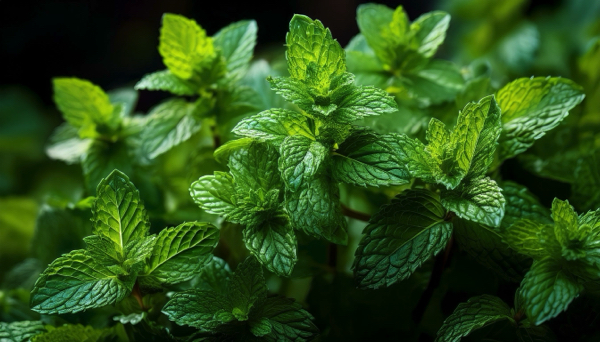4 Ways pomegranate extends women’s lives
12/06/2023 / By News Editors

Modern women at midlife have many options when it comes to dealing with those nasty menopausal symptoms like mood swings, depression, bone loss, and fluctuating estrogen levels. But their most surprising source of natural relief may come from an ancient food: the juicy pomegranate
(Article republished from GreenMedInfo.com)
Pomegranates have been cultivated for over 4,000 years. Our word pomegranate dates back to around 750 B.C. and comes from the Latin “Punicum malum” meaning “Phoenician apple.” Today the fruit is often called a “Chinese apple.”
Despite its frequent comparison to an apple, the pomegranate bears a striking resemblance to the female ovary. It is not too surprising, then, that it served as a symbol of fertility for the Zoroastrians and other ancient cultures.
Fruits in general are defined as “the developed ovary of a seed plant” but in the case of the pomegranate fruit, the physical resemblance to a human female ovary is striking. Looking at a cross section of each reveals how similar are the containers for the pomegranate’s seeds and the ovary’s eggs.

But the pomegranate’s resemblance to the female ovary goes beyond its physical similarities. The fruit also provides one of the same estrogens as the female ovary, namely, estrone.
What does this mean for a menopausal woman? It may very well mean relief from depressive moods and a lower risk of osteoporosis, breast cancer and heart disease.
Bone Loss Reversed
In a 2004 study in the Journal of Ethnopharmacology, rats who had their ovaries removed suffered accelerated bone loss, a typical symptom of menopause. When they were fed an extract of pomegranate juice and seeds for just 2 weeks, however, their bone mineral loss reverted to normal rates.

Mood Improvement
The same Japanese researchers in the 2004 study also found that the rats given pomegranate extract measured lower levels of depression indicators. Based on their results the authors found it conceivable that pomegranate would be clinically effective for women exhibiting a depressive state.
Heart Health
The rate of death from coronary heart disease in women after menopause is 2 to 3 times that of women the same age before menopause. Here again, pomegranates provide proven healing benefits:
- Lowers Oxidized Cholesterol – A 2000 study found that pomegranate juice is rich in antioxidants which prevent LDL cholesterol from oxidizing, which can cause damage to the lining of the arteries leading to atherosclerosis.
- Lower blood pressure – A small 2004 clinical study by Israeli researchers concluded that drinking one glass a day of pomegranate juice may lower blood pressure, reduced cholesterol oxidation, and reversed the plaque buildup in their carotid arteries by up to 29%.
- Blood clotting – One study in the Journal of Medicinal Foods showed that pomegranate juice slows down platelet aggregation and thins blood, preventing clotting.
- Improves coronary heart disease – Several different studies have found that cardiovascular health is improved with the use of pomegranate juice since it reduces plaque, increases nitric oxide, and may prevent plaque from building in the arteries in some patients.
- Increases oxygen flow – A 2007 study showed that drinking eight ounces of pomegranate juice daily for three months increased oxygen flow to the heart muscle in coronary patients.
Breast Cancer
Lab studies have shown pomegranate anthocyanidins (sugarless plant pigments), flavonoids, and oils exert anticancer effects against breast tumors.
Although some women worry that foods with estrogenic properties may increase the risk of breast cancer, that isn’t the case. In fact, pomegranate is a natural adaptogen, increasing levels of estrogen when the body is low but blocking stronger estrogens when levels are too high. This innate intelligence to adapt its function to the body’s needs is an incredible benefit that natural foods have over pharmaceuticals.
In fact, pomegranate extract was compared to the drugs Tamoxifen and Estradiol in a 2011 study in the Journal of Nutritional Biochemistry. The researchers suggested that the pomegranate extract may potentially prevent estrogen dependent breast cancers.
How do pomegranates work their magic?
An 8 ounce glass of pomegranate juice contains about 40% of the RDA of vitamin C, and also is rich in vitamins A and E and folic acid.
The pomegranate fruit contains antioxidants called phytochemicals, which protect plants from harmful elements in the environment. These same phytochemicals when ingested protect the cells in our body. The juice has been found to contain higher levels of antioxidants than most other fruit juices, including cranberry or blueberry, and more even than red wine or green tea.
Drink the juice or eat the seeds (yes, they are edible) to reap the benefits of this menopause miracle.
For additional information on the healing properties of pomegranate, visit GreenMedInfo’s extensive pomegranate resource page which lists over 80 researched health conditions.
Read more at: GreenMedInfo.com
Submit a correction >>
Tagged Under:
alternative medicine, anticancer, bone health, breast cancer, food cures, food is medicine, food science, fruits, health science, heart health, menopause, mental health, natural cures, natural health, natural medicine, nutrients, nutrition, organics, phytonutrients, pomegranate, remedies, women's health
This article may contain statements that reflect the opinion of the author
RECENT NEWS & ARTICLES
consumerwellness.info is a fact-based public education website published by consumerwellness.info
All content copyright © 2023 by consumerwellness.info
Contact Us with Tips or Corrections
All trademarks, registered trademarks and servicemarks mentioned on this site are the property of their respective owners.




















